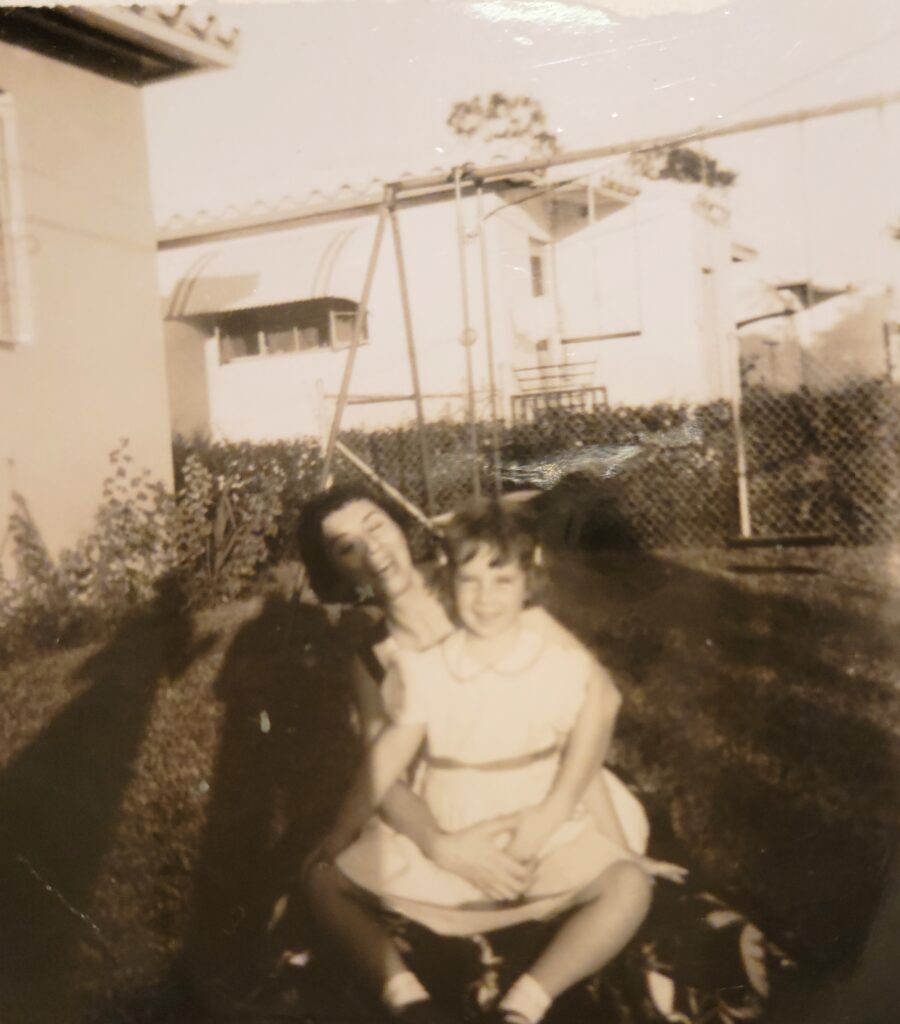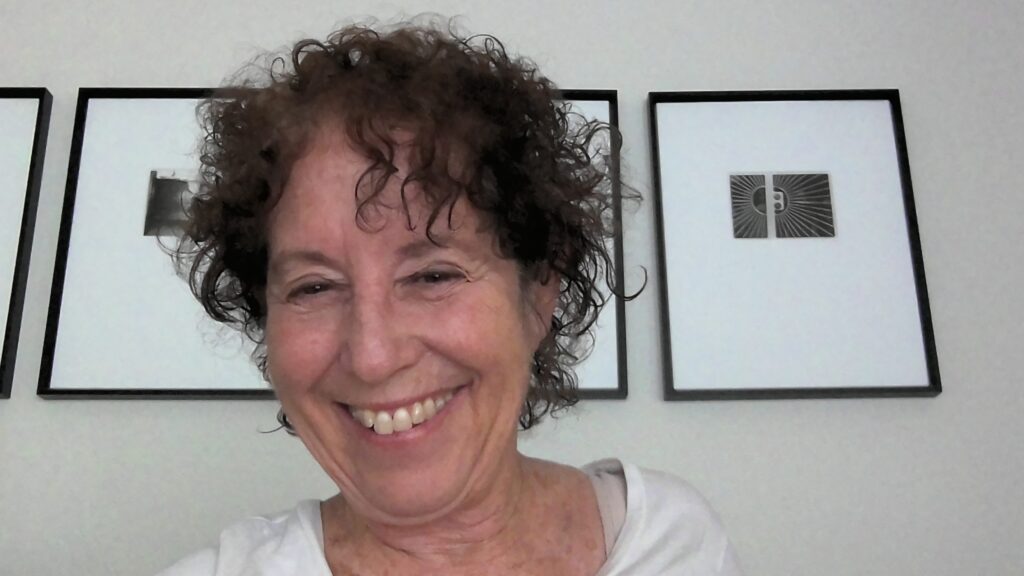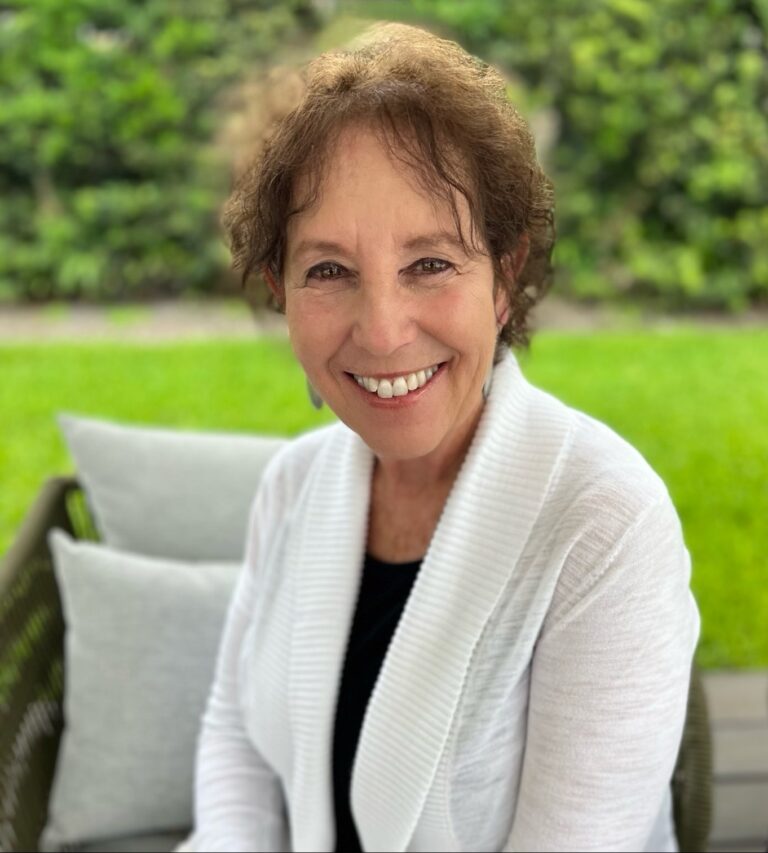Here’s an excerpt from my book, a story published in Bacopa Literary Review
The Messenger
My cousin Charlie and I stand six feet apart in my living room. I imagine he has already calculated the prescribed distance before he even stepped over the threshold. He hasn’t changed. Not since I saw him ten years ago when he came to my wedding and wore what seemed to be an exact replica of that long, black coat.
When he called to say he was coming to Florida and asked if he could visit, I agreed. Of course, I agreed: He’s my cousin; he’s family. But now that he’s here, I realize it was a mistake. I should have made up an excuse or told him we’d be out of town.
Now Charlie strokes his long beard and sways from side to side. The tzitzit, knotted ritual strings, peek beneath his jacket hem and dance along with him. I imagine rivulets of sweat pooling beneath the layers of his heavy clothing and wonder if he’ll take off the coat. I bet he’ll keep it on. It stays.
Years ago, we were friends. I’ve never told him otherwise. He wouldn’t understand. But his visit reminds me of how close we were when we were growing up, roaming the Miami neighborhood like wild monkeys, pulling mangoes off the trees, and launching imaginary grenades. Charlie, wild and willing to take all kinds of risks, charmed everyone. People turned toward him like sunflowers following the light, whereas I was introverted, shy, and awkward. Friends were hard to come by but Charlie dragged me along to parties where I’d do my best wallflower routine. I loved watching the faces of entranced listeners whenever he shared one of my stories. At one of those parties, Charlie introduced me to my future husband, Andrew.
After I met Andrew, the three of us rented a house and became adventuresome explorers who did everything together. Bike rides, rock concerts,
I remember Andrew said, “If you want spirituality, why not seek it in Jewish mysticism?” Years later, I would blame him for pointing my cousin in that direction.
Near the end of that summer, in 1984, Charlie disappeared. For the next six months, we didn’t hear from him. I wrote long, rambling letters that went unanswered. I wondered if he had run off and joined a cult. His mother, my Aunt Helen, informed me Charlie had enrolled in a yeshiva, to study ancient Judaism. When Andrew proposed, I tasked Aunt Helen with the delivery of his wedding invitation, elated when she told me he would attend along with the rest of the family.
“But I have to warn you,” she added, “Charlie has become observant.” What did that mean? The way she whispered the word ‘observant’ sounded foreboding.
Two days before the ceremony, Andrew and I headed to the hotel where everyone had booked rooms. When the door opened, I rushed toward my cousin. “Charlie!” I cried.
He took a step back and held one hand up as if to say, don’t come any closer. He looked so different. Gone were the flannel shirts, baseball caps, and jeans, replaced with a long, jet-black coat and black fedora. He had cut his long hair short except for the payos, which curled in tendrils down his neck. White fringe hung from the top of his pants and trailed halfway down. My cousin looked as if he had stepped out of the eighteenth century.
“Please call me Chaim. That’s my Hebrew name.” His hand hovered in the air, warding off my impending embrace. “I am not permitted to touch women.”
I dropped my hands to my side. The ground between us split. A gaping crevasse. Charlie–Chaim–whoever this was, hooked both thumbs into the pockets of his long black coat. Then he grabbed Andrew. They thumped each other on the back while I stood alone, a pariah.
***
Now, ten years later, my cousin, the stranger, stands beside me in my living room. I try not to think about that moment when everything changed, how I’ve missed him, or how I feel that rumble of hope every year when we get mail from Crown Heights, even though I know it will just be a packet of prayers for an upcoming Jewish holiday.
Warily, I gesture at the sofa and suggest we sit. Chaim chooses the tan lounge chair, settles in, and drapes a hand over the edge of the armrest. Trying to be an accommodating hostess, I offer him snacks I’d set out, but he declines. Shame brightens my cheeks as I stare at my bag of chips poured into my non-kosher bowl, rendering it inedible. I had forgotten about his dietary restrictions. Andrew jumps into action, offering to go on a kosher grocery run.
Paper goods too, Chaim requests. He can’t eat from our dishes. I can’t justify my anger, but it flares up before I can stifle it. Andrew takes off, and I regret I didn’t volunteer. I’m uncertain how to entertain my cousin or what topics are off-limits. But as we sit across from each other, my four-year-old daughter, Tessa, stares at the stranger with her brown, almond-shaped eyes. Born with Down syndrome, sometimes she has trouble keeping her pink glasses on her face. Before she stands, she pushes them over the flat bridge of her nose. She’s headed for Chaim, her eyes locked on the fringe, but I intercept her before she can reach him. I glance up and mumble, “Sorry about that.”
My cousin’s laughing blue eyes flash beneath the brim of his hat. Apparently, Tessa has amused him. I spot my cousin’s crooked smile peeking through the bushy beard. Charlie always had a smile that seemed to hold a secret, one he couldn’t wait to spill.
Chaim lifts a hand and strokes his beard while he watches me redirect Tessa. “I see why my mother admires you. But I’d like to ask, do you know the word neshama? It’s Hebrew. It means soul.”
I shrug and shift uncomfortably in my seat. A tiny part of me had hoped that this visit would differ from the yearly prayer packets, but that spark quickly dims.
“Neshama,” I repeat. “Why do you ask?”
He nods excitedly and tells me about the Rebbe as he leans forward, hands clasped in front of him like he’s ready to deliver an important message. “The Rebbe is renowned for his gift as a storyteller. He always has the right message to deliver to those who suffer.”
“Why, who do you think is suffering?”
Chaim’s eyes remain on Tessa. “Many parents come to the Rebbe for advice when they have a child with special needs. He would say Tessa is a treasured gift given because you and Andrew were deemed worthy.”
“Thanks.” I offer, although I’m not grateful. I’m sick of hearing these blanket statements about children with disabilities. He probably intended this as a compliment, it comes across as a meaningless platitude. My cousin bobs his head like one of those dolls in the tourist shops.
“You’re welcome.” He tells me Tessa is a highly evolved soul who has chosen to become human. An angel incarnate. “Children like Tessa are born with souls that possess a tremendous amount of light, with a magnitude that’s so great it causes the vessel to crack and break.”
What do you mean ‘the vessel,’ her body?”
Chaim nods. “The Rebbe would say her neshama is a brilliant light that shines through the cracks.”
“Cracks? She isn’t broken.”
He prattles on. “Tessa has a childlike spirit. What more could a mother wish for than for her child to be happy? You have been blessed.” He flashes his crooked grin, which only raises my hackles.
“Tessa is no more or less a blessing than any other child.” I try to keep the annoyance out of my voice and don’t bother explaining that I’ve heard similar stories from mothers of children with Down syndrome and that many of them have called our kids blessings. There’s no point arguing that all children are a blessing or that both mothers and fathers want their children to be happy. Chaim might not care what I think. He was always a better speaker than a listener. But now there is a wall between us that cannot be breached, and I am very much alone. I shouldn’t have expected this visit to be different from the last time I saw my cousin in this garb.
Andrew calls from the kitchen, announcing he’s back. He walks into the living room, carrying a tray of the approved snacks. Before he plops down beside Chaim, they embrace. That’s when my eyes fill with tears. It hurts to watch the two of them. I get up from my seat and scoop up Tessa.
“It’s bedtime. Be right back.”
Andrew lifts an eyebrow and gives me a knowing look.
Instead of going to bed, I carry Tessa outside. Her petite body curves into mine as I stare at the night sky, remembering another night sky bedecked with stars. It occurs to me that there may be some mystical force at play.
Perhaps Chaim believes God sent him to deliver a message, but he didn’t need to tell me Tessa is special. I already know that. The actual message is Charlie has found what he was looking for.
I should be happy for him.
Even if I’m not.
0







